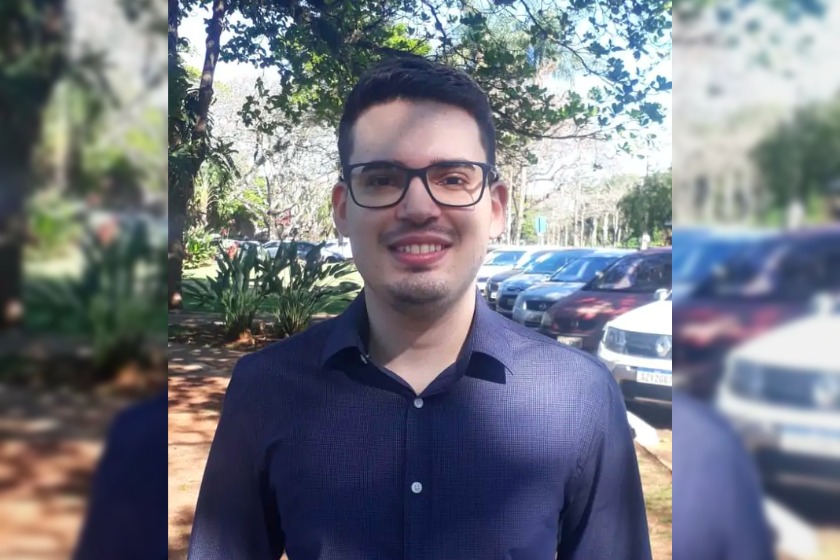Despite the timid investment, just over 1% of GDP devoted to research and technology, Brazil is among the 13 countries in the ranking of scientific production, according to a survey by Fundação de Amparo à Pesquisa do Estado do Rio Grande do Sul ( FAPERGS) at the end of last year. Science and technology production is linked to federal and state agency funding programs, including the Junior Science Scholarship (IC Júnior), which allows high school students to participate in research projects. At UEL, the Dean of Research and Graduate Studies (ProPPG) publishes selection notices for new students every two years.
Proppg’s Director of Research, Eduardo Araujo, explains that there are currently about 50 young people served by IC Junior, distributed in laboratories and postgraduate programs in various fields of knowledge. Next year the notice is expected to open 53 new vacancies targeting high schools.
According to the Director, more than acquiring knowledge, IC Júnior training allows young people to experience customizing the academic environment and finding motivation for their studies. He explains that the program also promotes the search for new talents in science, considering that the laboratory infrastructure in public schools is small, negligible, unlike private schools, which have better conditions that offer disciplines and methodologies related to scientific initiation.
It is the awakening of research and science. IC Junior stimulates and generates knowledge with a focus on technology development,” defines Proppg Director.

career investment
Given this consistency, it is not uncommon for students who participate in this experience to invest in a career as a researcher and end up completing the entire course, their undergraduate entry and later their master’s and doctoral degrees.
This is the case of a doctoral student in the experimental pathology program at UEL, Matheus Deroco Veloso da Silva, who is only 25 years old. Born in Campi, Matthews arrived at UEL at just 16 years old, with much curiosity and desire, as part of the Novus Talentus Extension Project, developed by the Department of Anatomy and Histology at the Center for Biological Sciences (CCB).
At that time he was a fellow of the Instituto Nossa Senhora Auxiliadora, in Cambé. His passion for books says that he realized from an early age that his devotion to studies could change his life and that of his family. Through the programme, he ended up joining Unifil Biomedical Course (2015). Two years later he transferred to UEL to modify his master’s degree in experimental pathology. He is currently a doctoral student in the same program, supervised by Professor Valdesio Aparecido Ferri Jr., where he works as a researcher in the Pain, Inflammation, Neuropathy and Cancer Laboratory.
In 2018, Matthews won first place in the 31st Parana Prize for Science and Technology José Richa. In the same year, he was awarded the Academic Excellence Award in the Biomedical Course at UEL. In the awards fair, the researcher also took second place for his method (presentation of papers) at the 3rd International Symposium on Intestinal Neuroplasticity, for the discovery of a network around neurons in the innervation of the GI tract. This feat was the subject of the Meu Paraná program, of the People’s Republic of China, in April of this year. Matthews was part of the Mentes Brilhantes group that highlighted young researchers working in the state.
“I came from humble origins and got involved in projects, besides starting at university, I ended up changing my life,” the young researcher testifies. Today he says that he is satisfied with his chosen career. In addition to developing research in his Ph.D., Matthews is doing an online degree, Systems Analysis and Development, at UniFatecie University Centre. The goal is to have technology tools on hand to aid research related to neuropathy, pathology, and pain.

“Wannabe internet buff. Future teen idol. Hardcore zombie guru. Gamer. Avid creator. Entrepreneur. Bacon ninja.”

